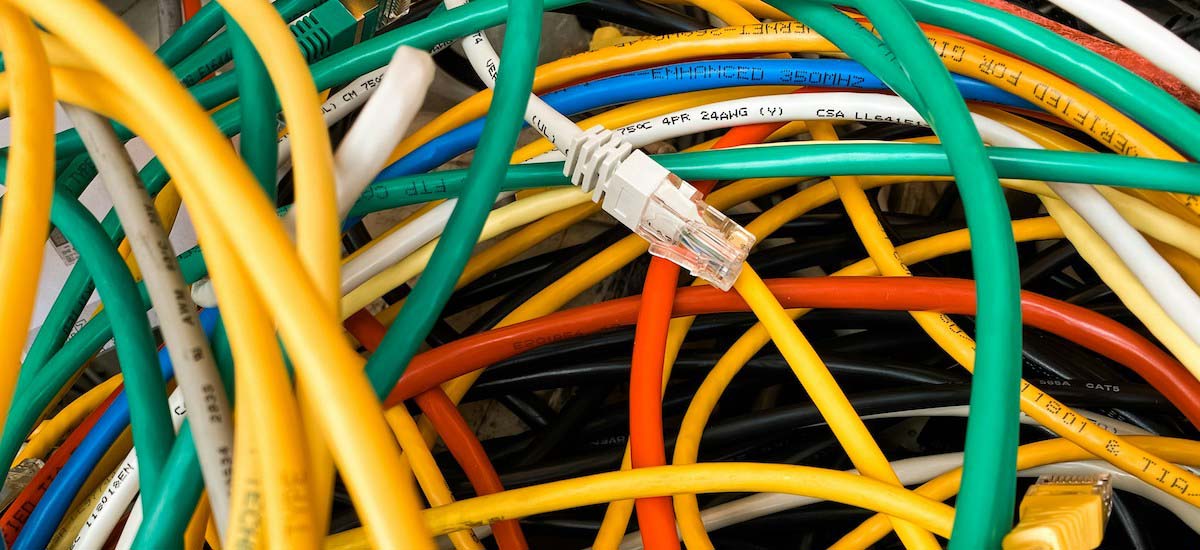
Public Policy 8 October 2025

By David FrautschySenior Director, European Government and Regulatory Affairs
People who want to rewrite net neutrality laws are arguing that ‘specialized services’ require near-zero latency and rock-solid reliability.
Specialized services go beyond general Internet access to deliver specific information, functions, and programs that require a higher-quality connection.
An example of a specialized service would be a remote surgical procedure, where millisecond…

Public Policy 8 October 2025

By David FrautschySenior Director, European Government and Regulatory Affairs
People who want to rewrite net neutrality laws are arguing that ‘specialized services’ require near-zero latency and rock-solid reliability.
Specialized services go beyond general Internet access to deliver specific information, functions, and programs that require a higher-quality connection.
An example of a specialized service would be a remote surgical procedure, where milliseconds matter and lost data is a serious issue.
**But here’s the thing: not every network has to be **the Internet.
Just look at SWIFT, the global financial messaging network: it’s purpose-built, secure, and not open to just anyone. If you want to run a medical robot or a critical industrial system, you can build (and many already do build) dedicated, specialized networks with the exact features you need. There is no obligation to join the global Internet.
Let’s remember, the principal idea behind net neutrality is that Internet service providers must treat all data on the Internet equally, without blocking, throttling, or prioritizing certain content or services over others. This means providers cannot discriminate against users based on the type of content, application, or website, ensuring that all Internet traffic is handled uniformly.
The Internet is a global network of networks that have decided voluntarily to interconnect, speaking the same technical “language” (protocols) so that your email, video call, or meme gets from point A to point B. The deal is simple: it’s a best-effort network. That means when you send packets of data, the network does its best to route and deliver them—but there are no guarantees of quality or speed baked into the system. That’s not a flaw, it’s a feature. This open, decentralized design is what has allowed the Internet to scale globally, adapt to new uses, and empower innovation without anyone needing permission.
So why rewrite net neutrality rules for the entire Internet just to accommodate niche cases? That’s like redesigning all of the public roads to allow for Formula 1 cars—when racetracks already exist.
Altering net neutrality to introduce exceptions for “specialized services” risks fracturing the Internet’s features and allowing telecom gatekeepers to pick winners and losers.
The Internet has thrived precisely because no one can demand premium treatment. It doesn’t matter whether the data originates from a brand-new startup or from the biggest tech company. There are no “fast lanes” for privileged data, and you can reach any user in the world without additional costs or striking a separate deal with their network first.
This openness is what has let the Internet grow so quickly. If we start messing with that principle, we risk breaking the very qualities that made the Internet the world’s most powerful engine of opportunity, education, and communication.
Why This Debate Matters Now
This isn’t a theoretical discussion. The European Commission has floated the idea of reviewing Open Internet rules as part of the upcoming Digital Networks Act, echoing the claims that there is a need to open the door to accommodate new specialized services. This would weaken the very safeguards that protect net neutrality in Europe.
That’s why this debate is urgent: altering the rules that help make the Internet a global resource, just to accommodate so-called “specialized services,” is not only unnecessary, it would be a disaster for the openness, trust, and innovation that Europe’s digital future depends on.
Image © Jan Antonin Kolar via Unsplash
Disclaimer: Viewpoints expressed in this post are those of the author and may or may not reflect official Internet Society positions.